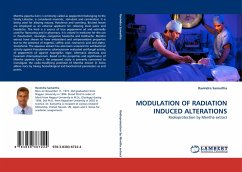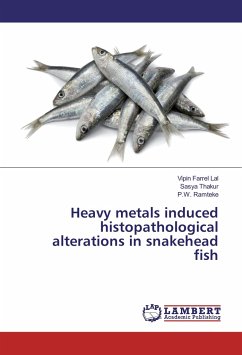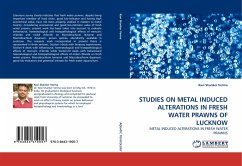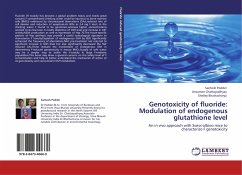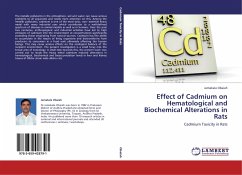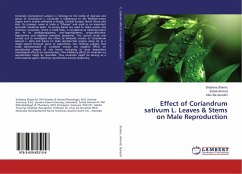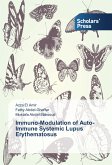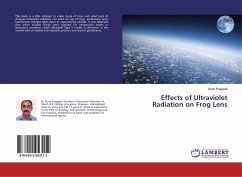Mentha piperita (Linn.) commonly called as peppermint belonging to the family Labiatae, is considered aromatic, stimulant and carminative. It is being used for allaying nausea, flatulence and vomiting. Bruised leaves are employed as an external applicant for relieving local pains and headache. The herb is a source of true peppermint oil and externally used for flavouring and in pharmacy. It is valued in medicine for the use in rheumatism, neuralgia, congestive headache and toothache. Mentha extract have shown to have antioxidant and antiperoxidant properties due to the presence of eugenol, caffeic acid, rosmarinic acid and alpha-tocopherol. The aqueous extract has also been screened for antibacterial activity against Pseudomonas solanacearum evaluated antifungal activity of peppermint oil against Aspergillus niger, Alternaria alternata and Fusarium chlamydosporum. Based on the properties and significance of Mentha piperita (Linn.), the proposed study is primarily concerned to investigate the radio-modifying potential of Mentha extract in Swiss albino mice by taking hematological and biochemical parameters as end points.

